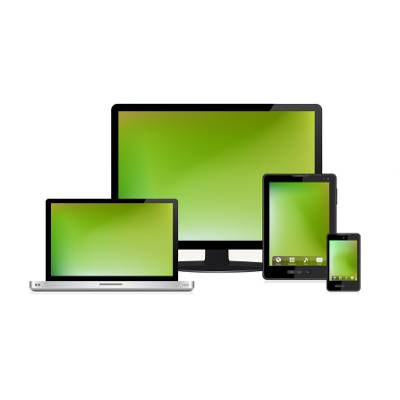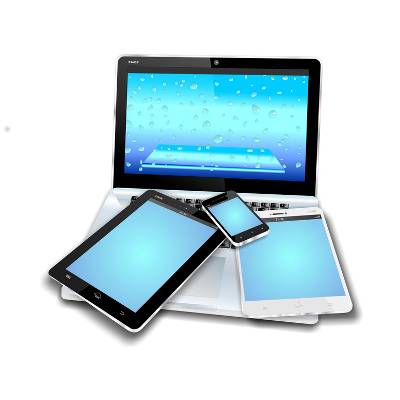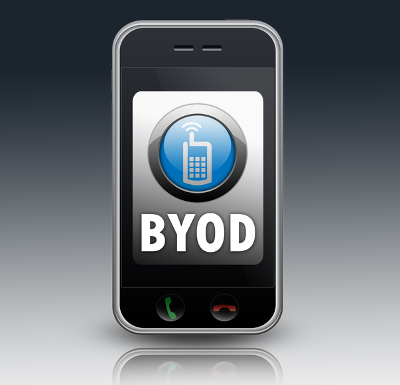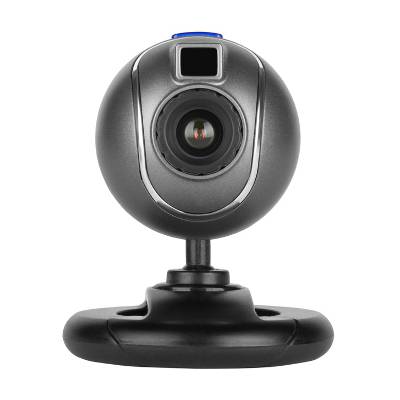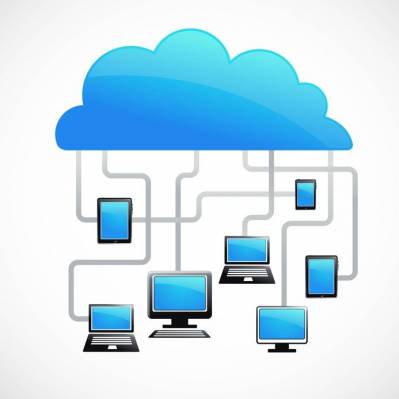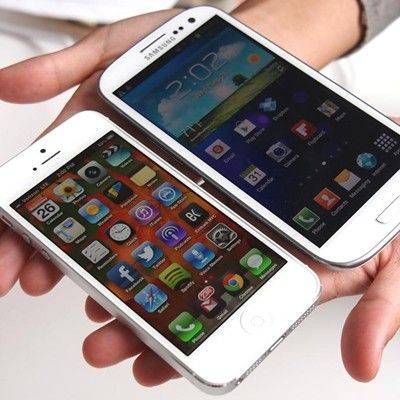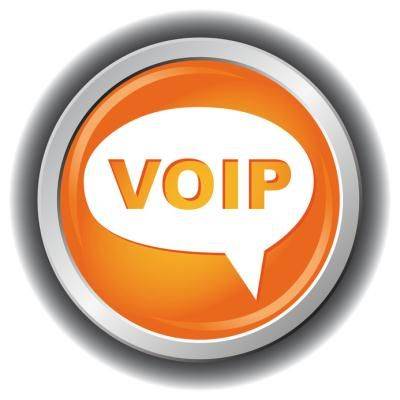Shadow IT is no laughing matter, despite its overly theatrical name, as it describes the rogue technology and software being used in your business without being cleared or vetted. While it has always been a problem with in-house operations, the widespread adoption of remote work has made it even more dangerous.
Network Synergy Blog
Smartphones are basically the most popular piece of technology ever. They can be used for much of the computing that people deem necessary. It’s no surprise that since they pay over $1,000 for these devices that your employees are going to take them everywhere, including your office. There was a time when employers were horrified by this fact, but today smartphones can just as easily be used for work as they are for distraction.
A lot of people aren’t aware that working from home is not a recent innovation. It can arguably be traced back over a million and a half years, when our ancestors would work relatively close to their dwelling places. Throughout our history, work has shifted away and back again to the remote methodology. Let’s look back through the years to see the progression of how people worked, based on the technology that was available.
The COVID-19 pandemic has greatly disrupted daily life, restricting people to their homes and preventing them from going into the office to work. In response, many companies are hurriedly changing over to a remote-capable workforce and having their employees work from home. This strategy can be highly effective, but if a company and its team isn’t careful, it can also be risky.






